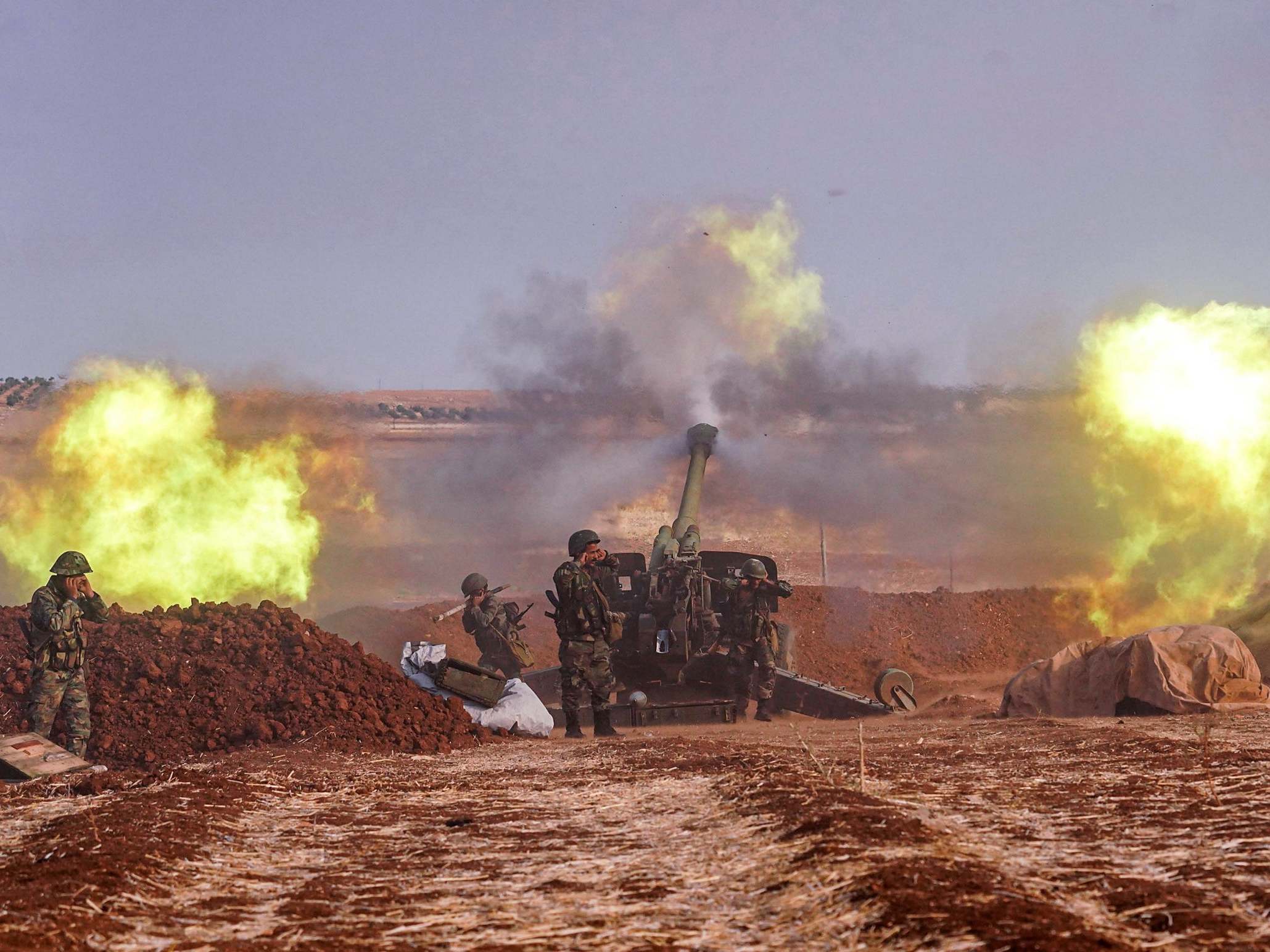Trump’s flip-flopping on Syria proves he does not know how complicated the reality is
Experts say despite the rhetoric of withdrawal, the US policy in the Middle East is moving towards more deployments and potential conflicts

The US plan to send armoured vehicles and possibly tanks accompanied by combat troops to eastern Syria to “secure” oil fields from Isis could mean deploying several hundred and potentially thousands of American forces to the area. The new deployment will essentially reverse what Donald Trump has been promoting as a withdrawal from the country and has antagonised Russia who have called it “international state banditry”.
The White House’s continuously evolving position on Syria in the past two weeks proves that the reality on the ground is more complicated than how it looks from the Oval Office. Latest developments show that disentangling the US military from Syria may not be happening anytime soon. And President Trump’s reasoning for the sometimes contradicting decisions has been unconvincing.
The argument that American troops need to be deployed to protect oil fields in eastern Syria has already been met with criticism. Oil reserves in Syria are not very significant and have been decreasing since before the war. There is speculation that the latest decision is about more than just oil and is a way for the United States to try to keep some presence in Syria.
This would be the first time that the US army sent tanks to Syria. American forces have been stationed in Syria to fight Isis but did not need tanks for that mission. The new deployment could be planned for potential threats from the Syrian army and its Russian allies.
Robert Rabil, professor of political science at Florida Atlantic University, says the US presence in Syria is becoming increasingly dangerous. “Sooner or later American troops will face Russian and Syrian forces as they will try to control all of Syria,” he told The Independent. “Syrian Kurdish fighters will not be able to support the US like before, given their recent agreement with the Syrian and Russian governments.”
Experts argue that the United States has enough troops and bases across the Middle East and needs to withdraw from Syria as it has no national security interest in the country.
Mr Rabil says US policy in the region should be grounded in its national security interest. “This interest involves supporting our allies and partners but not fighting their historic wars or their settling scores,” he added.
Many believe that the struggle for Syria is over and that presidents Bashar al-Assad and Vladimir Putin are the winners of the war. “Even our ally the UAE is opening an embassy there. Arab League leaders are embracing Syria’s foreign minister and soon will be invited in,” Mr Rabil said.
Mr Trump has also suggested that the “Kurds” start moving to the oil region in Syria. But it was not clear exactly who he meant by that, whether he is referring to the Kurdish fighters in Syria or the millions of Syrian Kurds who live in the country. And even if this relocation does happen, it could create fresh new problems in the region.

Kurdish forces will be in a difficult position as they are now stuck between the Syrian government and its Russian ally, with whom they made a new deal; Turkey, which wants them out of the region; and the United States, which has just betrayed them. The Kurds will most likely rethink and re-evaluate their interests and their future before supporting the US, experts say.
President Trump’s policy in the Middle East seems to be incoherent and lacks much strategy. It has also often been at odds with some of his closest aides and senior cabinet members. Experts argue that despite its rubric of withdrawal, the Trump administration’s policy is in fact moving towards more deployments and potential conflicts.
Join our commenting forum
Join thought-provoking conversations, follow other Independent readers and see their replies
Comments
Bookmark popover
Removed from bookmarks